THCa vs. Delta 10

With the legal landscape of cannabis evolving on a near-daily basis and so many new cannabinoids being available, knowing the differences between them can be a challenge. Two increasingly popular cannabinoids are THCa and Delta 10 THC.
Thanks to their unique chemical structures and great therapeutic potential, THCa and Delta 10 are worth looking into.
This article discusses THCa and Delta 10 THC, including their unique properties, potential benefits, and how they interact with your body. The goal is to make you better equipped to make informed decisions when using cannabis products for recreation and wellness.
Keep reading our THCa vs. Delta 10 comparison to learn which of these two cannabinoids is right for you.
Key Takeaways
- THCa is the non-psychoactive precursor to Delta 9 THC and requires heating to convert it into its psychoactive form.
- Delta 10 THC is a minor cannabinoid known for its mild psychoactive effects, often less intense than Delta 9 THC.
- THCa has potential anti-inflammatory and neuroprotective properties, making it suitable for medicinal uses without intoxication.
- Delta 10 THC is reported to offer an energizing, clear-headed experience, beneficial for stress relief and mood enhancement.
- Both THCa and Delta 10 THC are derived from hemp, but their legality varies by state due to different regulations.
What is THCa?
THCa, or tetrahydrocannabinolic acid, is the precursor to THC in raw cannabis, specifically Delta 9 THC. In fresh, unheated cannabis plants, THCa is the most abundant cannabinoid. This means if you consume raw cannabis, you ingest primarily THCa rather than THC.
Unlike Delta 9 THC, THCa does not induce the famous "high" associated with cannabis use, as it first needs to be activated through decarboxylation. It also doesn’t come anywhere close to the intense effects produced by THCp.
When it is exposed to heat (decarboxylation), THCa converts to the psychoactive Delta 9 THC.
However, just because THCa is not psychoactive does not mean that it does not have great potential for therapeutic applications.
THCa Extraction Methods
There are several common methods of extracting THCa from cannabis plants, such as CO2 extraction and solventless extraction. Let’s take a quick look at both.
CO2 Extraction
The most popular method for extracting THCa is CO2 extraction. This process uses pressurized carbon dioxide to pull THCa and other cannabinoids from the cannabis plant material. The CO2 acts as a solvent, but without leaving any harmful residues.
Producers can create a pure and potent concentrate by carefully controlling the pressure and temperature. CO2 extraction is favored for its ability to produce clean, high-quality extracts, which are often used to make oils, tinctures, and other concentrated cannabis products.
Solventless Extraction
Another method for extracting THCa is solventless extraction, which, as the name suggests, uses no chemical solvents.
Instead, it uses physical techniques like dry sifting or ice water extraction to collect THCa-rich trichomes—the small, crystal-like structures on cannabis flowers.
In dry sifting, fine mesh screens separate the trichomes, while ice water extraction (also known as bubble hash) uses cold water and gentle agitation. These methods produce a natural, pure extract without any added chemicals.
Once extracted, THCa is used in various products (e.g., tinctures, capsules, and topicals) for numerous therapeutic applications.
Now that we’ve covered the basics of THCa, let’s discuss Delta 10 THC.
What is Delta 10 THC?
Delta 10 THC is a minor cannabinoid that is molecularly similar to the well-known Delta 9 THC. However, there are some notable differences between the two, and seeing as Delta 9 THC is what you might be familiar with, it serves as a good baseline for comparison.
Delta 10 produces milder psychoactive effects than Delta 9 and is generally considered to be about half as strong. It’s also considered much less potent than Delta 8.
It offers a less intense but more manageable experience for those sensitive to Delta 9's stronger effects. It is often noted for producing a more clear-headed and energizing effect, so it suits beginners and low-tolerance users.
How is Delta 10 THC Produced?
Unlike the abundant Delta 9, Delta 10 exists only in trace amounts. Manufacturers extract and refine Delta 10 to obtain commercially viable quantities via complex processes involving chemical solvents and specialized equipment.
This process typically begins with hemp-derived CBD because it is legal. CBD is extracted from hemp plants using the same methods as discussed above, mainly CO2 extraction. The CBD undergoes a series of chemical reactions, including isomerization, which changes its molecular structure to convert it into Delta 10 THC.
Now that we’re familiar with what these two cannabinoids are and how they are made, let’s discuss how they interact with the body’s endocannabinoid system.
How Do THCa and Delta 10 THC Interact With the Endocannabinoid System?
The endocannabinoid system (ECS) is a complex network of receptors, enzymes, and endocannabinoids that help maintain homeostasis in the body. Due to their unique chemical structures and properties, both THCa and Delta 10 THC interact with the ECS in different ways.
Let’s start by discussing how THCa interacts with the ECS.
THCa's Non-Psychoactive Properties
THCa, in its raw form, does not directly bind to the CB1 receptors, so it does not produce the psychoactive effects typically associated with THC. However, it interacts with other receptors, like the TRP ion channels, to influence various physiological processes.
As discussed further below, THCa has great therapeutic potential as an anti-inflammatory, neuroprotectant, and more.
However, more research is needed to understand THCa's potential therapeutic benefits fully. Still, its non-psychoactive nature makes it an appealing option for those seeking the medicinal properties of cannabis without intoxication.
Unlike THCa, Delta 10 does bind with CB1 receptors, so let’s see how this might affect you.
Delta 10 THC and CB1 Receptors
Like other THC variants, Delta 10 binds to the CB1 receptors in the ECS. These receptors are primarily found in the central nervous system and mediate the psychoactive effects of THC. This binding action triggers a series of physiological responses, including potential altered perception, mood, and cognition.
However, Delta 10’s bonding strength is thought to be weaker than Delta 9 THC. This would explain the generally milder psychoactive effects. Users often report feeling more energized, focused, and creative when using Delta 10 than Delta 9.
Delta 10’s unique binding profile to CB1 receptors may also contribute to its potential therapeutic benefits. There are claims that it helps alleviate stress, anxiety, and pain, although more research is needed to confirm these reports.
Although both cannabinoids interact with the human body in their own ways, there are also some other notable differences between THCa and Delta 10.
Differences Between THCa and Delta 10 THC
THCa and Delta 10 THC have distinct chemical structures that influence their properties, such as their psychoactivity and potential medical benefits.

Here are the main ways in which THCa and Delta 10 differ from each other.
Chemical Structure and Psychoactivity
To start, THCa and Delta 10 THC have different chemical structures or molecular forms, which is believed to lead to many of their other major differences.
THCa
THCa is the acidic form of THC and has a larger, more complex structure due to the presence of a carboxyl group.
Its chemical structure includes a benzopyran ring (a six-membered carbon ring fused to a five-membered oxygen-containing ring), a pentyl side chain (a chain of five carbon atoms), and the carboxyl group attached to the phenolic hydroxyl group.
This extra carboxyl group makes THCa heavier and prevents it from easily binding to cannabinoid receptors in the brain, which is why it is non-psychoactive. The process of decarboxylation (usually through heating) removes this group, transforming THCa into Delta 9 THC.
Delta 10
Delta 10 THC has a similar overall structure to Delta 9 THC but with a slight variation. The key difference lies in the placement of the double bond. In Delta 10 THC, the double bond is located at the tenth carbon in the chain rather than the ninth. This seemingly minor change in the chemical structure can affect how it binds to cannabinoid receptors in the body.
As a result, Delta 10 THC is believed to produce milder psychoactive effects, often described as less intense and more clear-headed compared to Delta 9 THC. This structural difference likely influences how the compound interacts with the body's endocannabinoid system, potentially leading to different effects and therapeutic potential.
Potential Medicinal Benefits
Both THCa and Delta 10 may have medical benefits for you to take advantage of, so let’s do an overview of what these might be, starting with THCa.
THCa
THCa shows promise as an anti-inflammatory, neuroprotective, and anti-nausea compound, making it a potential drug candidate for various conditions related to inflammation, cognition, and nausea.
Delta 10
Delta 10 THC, while less studied, is anecdotally reported to provide energizing and uplifting effects, which may be beneficial for those seeking relief from fatigue, stress, or low mood. However, more research is needed to validate these claims.
Check out Mellow Fellow if you’d like to experience the potential mood-boosting effects of Delta 10.
Legal Status and Availability
Navigating the legal landscape of cannabinoids, in general, is complicated because laws and regulations vary at the federal and state levels. While both THCa and Delta 10 THC may be federally legal, they may not be at a state level.
Related Products
Let’s take a closer look at the legal status of THCa and Delta 10 THC.
Federal Hemp Laws and the 2018 Farm Bill
The 2018 Farm Bill legalized hemp and hemp-derived products, defining hemp as cannabis plants containing less than 0.3% Delta 9 THC by dry weight. This legislation opened the door for the production and sale of hemp-derived cannabinoids, including THCa and Delta 10 THC.
Under this law, hemp-derived THCa and Delta 10 THC products are legal if they meet the 0.3% Delta 9 THC threshold. However, the legal status of these cannabinoids can get blurry when you consider the methods used to extract or synthesize them.
Although, at this time, both should be legal at a federal level, the same may not be true at individual state levels.
State-Specific Regulations on THCa and Delta 10 THC
Though the 2018 Farm Bill provides a federal framework for hemp and its derived products, individual states can regulate these substances further.
Some states have embraced the hemp industry, while others have placed additional restrictions or even bans on certain cannabinoids. This means that Delta 10 and THCa may be legal in some states, whereas in others, they may not.
Before we talk about how to consume THCa and Delta 10 THC, let’s find out what all of their biggest potential therapeutic benefits might be.
Potential Benefits and Uses of THCa vs. Delta 10 THC
When planning to use these cannabinoids, consider their potential benefits and effects. While both have great potential, far more research is required to confirm any claimed or assumed benefits.
However, THCa and Delta 10 may have mental and physical health benefits worth looking into, so let’s find out what these might be.
THCa for Inflammation and Neuroprotection
THCa's possible anti-inflammatory properties make it a potential candidate for managing inflammation-related conditions, most of which result in pain.
Its potential to reduce oxidative stress and promote neuronal survival illustrates its neuroprotective effects. These effects could benefit those with neurodegenerative disorders and general brain-related inflammation.
Consuming THCa-rich products, like raw cannabis juice or THCa tinctures, allows you to experience these potential benefits without getting intoxicated. This makes THCa appealing to those seeking its therapeutic properties while maintaining a clear head.
Although Delta 10 THC may also have anti-inflammatory and neuroprotective potential, more research is needed to confirm any such assumptions.
Delta 10 THC for Relaxation and Mood Enhancement
Delta 10 generally offers a milder psychoactive experience compared to Delta 9. It usually provides relaxation and mood enhancement without much intoxication.
Users report feeling more energized, focused, and creative after consuming Delta 10 products. This feeling tends to be rather relaxing, smooth, and enjoyable, often characterized by mild bliss and euphoria.
These effects could be helpful for people dealing with stress, anxiety, or low mood. Delta 10's uplifting properties can help improve well-being and promote a positive mindset. Additionally, some anecdotal reports suggest Delta 10 THC may help with mild pain and discomfort.
Due to its nature, THCa may also have benefits on this front, although further research is required.
Pain Management
As THCa shows promise in reducing inflammation, it could also be beneficial for relieving both long-term chronic pain and acute pain caused by inflammation and inflammatory conditions.
Delta 10 THC may also offer some pain-relieving benefits. Many users report that Delta 10 helps alleviate mild pain and discomfort. However, more research is needed to confirm these anecdotal reports.
Appetite Stimulation
Delta 10 THC, like other THC variants, may stimulate appetite. This could be beneficial for those undergoing cancer treatment or struggling with eating disorders. The milder psychoactive properties make it more manageable compared to Delta 9.
THCa may not significantly impact appetite. However, when THCa is decarboxylated through heating, it converts to Delta 9, which is appetite-stimulating.
Ultimately, the choice between THCa and Delta 10 THC for specific conditions depends on your individual needs, so consider the goals you’re looking to achieve and then make your choice based on that.
What is the Best Way to Consume THCa and Delta 10 THC?
The ideal consumption method for THCa and Delta 10 THC is a personal matter, with methods such as consuming raw cannabis, tinctures, edibles, and vaping concentrates all being options. Each method has benefits and drawbacks, so choose what works best.
Let’s start by discussing the best ways to consume THCa.
THCa Consumption Methods (Raw Cannabis, Tinctures, Edibles)
Raw cannabis is one way to consume THCa. You can juice fresh cannabis leaves and buds or add them to smoothies and salads. This method preserves the THCa content and provides a nutrient-rich experience without psychoactive effects.
THCa tinctures are another convenient option. With this one, you can easily control your dosage and experience the benefits of THCa without smoking or vaping. Simply place a few drops under your tongue or add them to your favorite beverage.
THCa edibles, such as capsules or gummies, offer a discreet and precise way to consume THCa. These products are ideal for those who prefer a smoke-free experience and want to maintain consistent dosing.
As you’re about to see, consuming Delta 10 THC is much the same, but may also include vaping.
Delta 10 THC Consumption Methods (Smoking, Vaping, Edibles, Tinctures)
Smoking flower that is infused with Delta 10 THC is an option that you have, which is ideal for those who are used to this classic consumption method and for those who want a quick onset of effects.
Something like these Van Gogh Creativity Blend Super Silver Haze Pre-Rolls might be right for you.
Vaping is a popular choice for consuming Delta 10 THC, as it offers fast-acting effects and allows you to control dosage. Vape cartridges are available in various strains and flavors, providing a tailored experience to suit your preferences. If you feel like vaping is the way to go, then this Strawberry Cough 1ml Delta 10 Vape Cart is a great way to experience Delta 10.
Delta 10 THC edibles, like gummies or chocolates, are a discreet and convenient way to enjoy the potential benefits of this cannabinoid.
Compared to vaping, edibles provide a longer-lasting experience, making them ideal for those seeking sustained effects throughout the day. If you want to experience the long-lasting effects of edibles, these Delta 10 THC 500mg Sour Watermelon Gummies might be right up your alley.
Tinctures are another versatile option for consuming Delta 10 THC. You can take them sublingually for quick absorption or add them to your favorite foods and beverages for a customized experience.
Dosing and Safety Considerations
When consuming THCa or Delta 10 THC, start with a low dose. Wait a while before increasing the dose as you assess your response. This approach minimizes the risk of unwanted side effects and allows you to gauge your tolerance.
For THCa, a typical starting dose ranges from 10 to 25mg, while for Delta 10 THC, a starting dose of 5 to 10mg is recommended. Remember that individual tolerance and sensitivity to cannabinoids vary, so adjust your dosage accordingly.
When choosing Delta 10 products like vapes or edibles, the quality of the Delta 10 distillate used is crucial. Distillate ensures that the Delta 10 in your product is refined, concentrated, and delivers a potent, consistent experience. Whether you’re looking for an energizing high or stress relief, high-quality bulk Delta 10 distillate ensures that you get the most out of your cannabis product, making it the preferred choice for many users.
THCa vs Delta 10: Conclusion
THCa and Delta 10 THC offer unique properties and potential benefits catering to different preferences and needs.
THCa is the non-psychoactive precursor to Delta 9 THC, showing promise for therapeutic uses like anti-inflammation and neuroprotection without inducing a "high."
Delta 10 THC, on the other hand, provides milder psychoactive effects compared to Delta 9 THC, potentially offering a more manageable, energizing experience for users seeking relaxation and mood enhancement.
Understanding their differences in extraction methods, chemical structures, and interactions with the body can help users make informed choices based on their desired outcomes, whether for wellness or recreation.
Legal status and preferred consumption methods further determine which one is right for you, making it essential to consider individual needs and local regulations when choosing between these cannabinoids.
Ultimately, the best place to purchase all of your high-quality cannabinoids is at Mellow Fellow.
Frequently Asked Questions
How Can THCa Be Consumed Without Converting It to THC?
THCa can be consumed raw, such as in cannabis juice, smoothies, or in tincture form, to avoid decarboxylation and maintain its non-psychoactive properties.
Are There Any Safety Concerns When Using Delta 10 THC?
While Delta 10 THC is generally considered less potent than Delta 9, users should start with low doses and monitor for any side effects, especially if they have a low tolerance.
Can Both THCa and Delta 10 THC Be Used Together?
Some users may explore combining THCa and Delta 10 THC to balance therapeutic benefits with mild psychoactive effects, but consulting a healthcare professional is advised.
References
- https://arapc.com/wp-content/uploads/2023/10/D8THC._final.pdf
- https://www.ncbi.nlm.nih.gov/pmc/articles/PMC5731255/
- https://docs.google.com/document/d/1CPBbdIzS0qe55iZEJiQzEK64I0fLBZtfnIMfl-ZPqc4/edit#heading=h.xq6jso8un361
- https://pubs.acs.org/doi/10.1021/acs.iecr.2c00826
- https://www.sciencedirect.com/topics/medicine-and-dentistry/tetrahydrocannabinolic-acid
- https://pubmed.ncbi.nlm.nih.gov/14347/
- https://www.ncbi.nlm.nih.gov/pmc/articles/PMC8221009/#
- https://www.sciencedirect.com/topics/pharmacology-toxicology-and-pharmaceutical-science/tetrahydrocannabinolic-acid#
- https://www.ncbi.nlm.nih.gov/pmc/articles/PMC3792001/#
- https://www.ncbi.nlm.nih.gov/pmc/articles/PMC7357058/
- https://www.sciencedirect.com/science/article/abs/pii/S0006295219303922
- https://www.sciencedirect.com/science/article/pii/S0367326X21000903
Explore Other Articles
View allExplore more
- 11 hydroxy thc
- Blends
- blunt
- burn blend
- cannabinoids
- cartridge
- CBD
- cbg
- CBN
- Charged Blend
- Clarity Blend
- Concentrates
- Connection Blend
- Creativity Blend
- Dabs
- decarb
- decarboxylation
- delta
- delta 10
- delta 11
- delta 8
- Delta 8 thc
- delta 9
- delta 9 thc
- Delta-10-THC
- Delta-11-THC
- delta-8
- Delta-8-THC
- Delta-9-THC
- delta9
- Desire Blend
- destination series
- Diamonds
- disposable
- disposable vape
- Dream Blend
- dry january
- edibles
- elevate blend
- entourage
- entourage effect
- entourage effects
- Euphoria Blend
- focus
- gummies
- H4CBD
- halloween
- hemp
- hemp beverage
- hemp-derived
- HHC
- HHCp
- HTE
- Indica
- Introvert Blend
- Joint
- lean
- legal
- Live Resin
- Live Resin cartridges
- m-fusions
- mechoulam
- momentum blend
- Motivation Blend
- one hitter
- preroll
- productivity
- raphael mechoulam
- Recover Blend
- Relief
- sleep
- strain review
- terp sauce
- Terpenes
- Thanksgiving
- thc
- THC beverage
- THC Drink
- thc lean
- thc-p
- THCa
- THCa Flower
- THCb
- THCh
- THCm
- thcp
- THCp edibles
- THCp flower
- THCv
- the elevate blend
- The Energy Blend
- The Happy Blend
- The Illuminate blend
- the momentum blend
- The Rest Blend
- Tranquility Blend
- vape
- vape cartridge
- Vapes
- wax
- wellness
- zkittlez


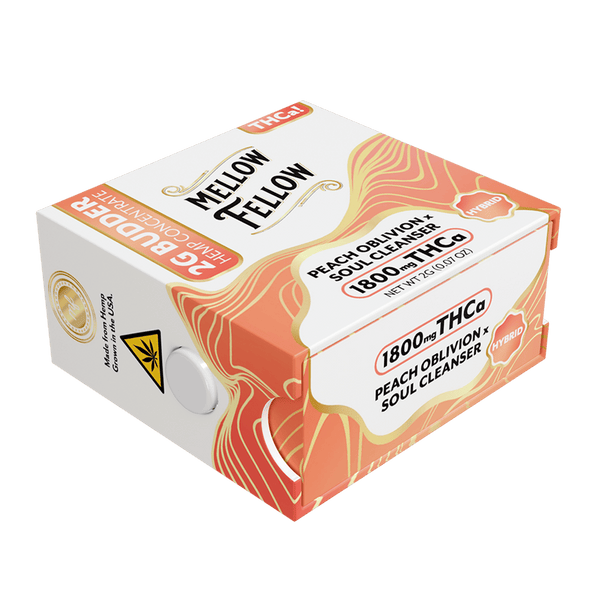
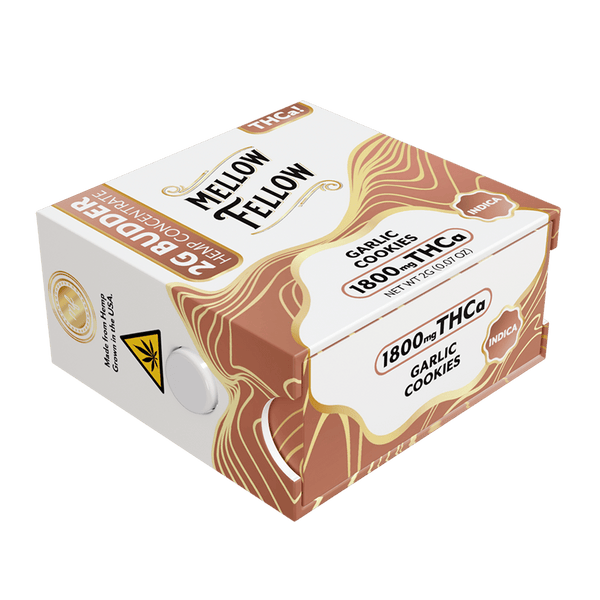
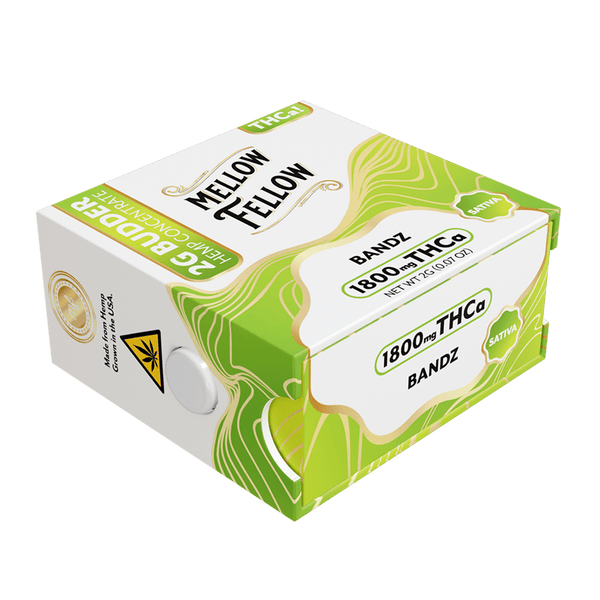
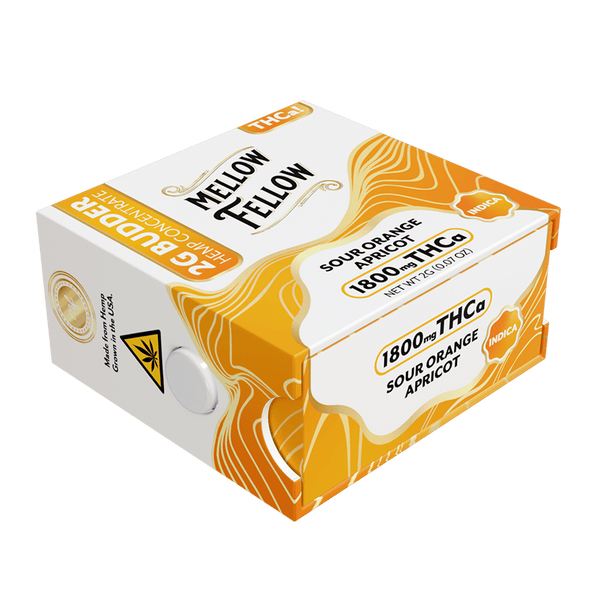
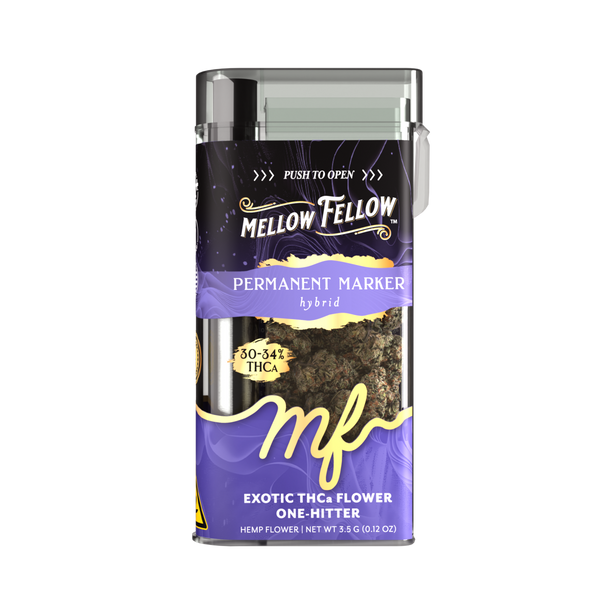
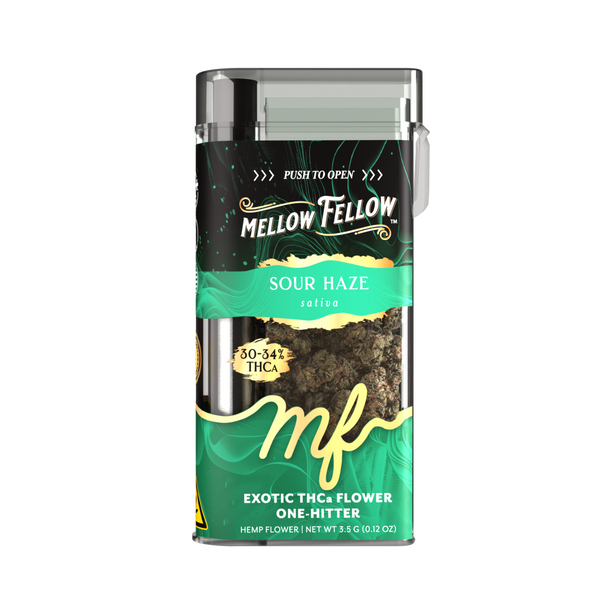










Leave a comment